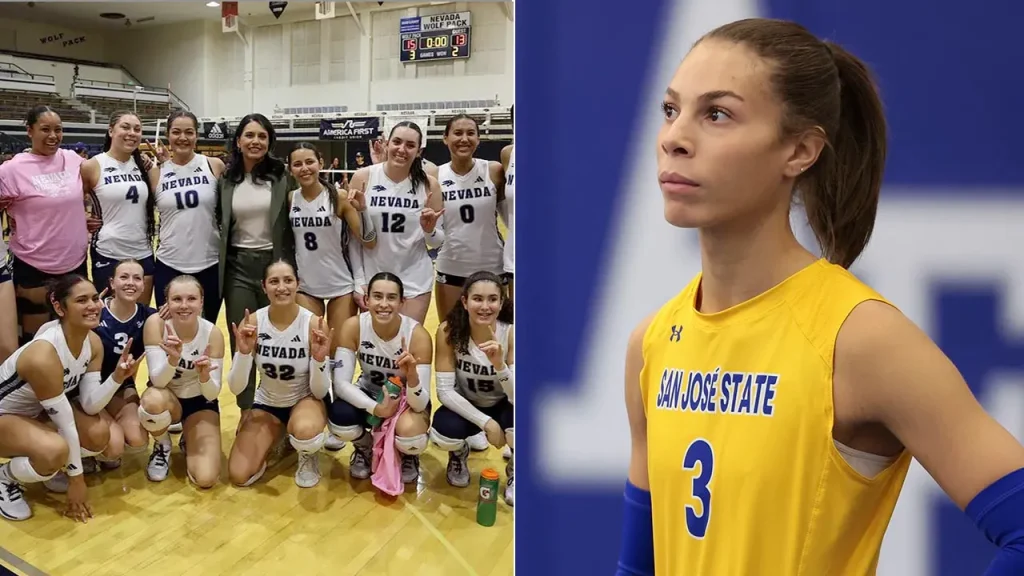The University of Nevada, Reno (UNR) women’s volleyball team’s decision to forfeit a match against San Jose State University (SJSU) in October 2023 ignited a national controversy centered on the inclusion of a transgender athlete on the SJSU team. The UNR players, expressing concerns about safety and fairness, privately requested to forfeit the match, aligning themselves with four other programs that had taken similar stances. However, the university denied their request, citing potential legal ramifications stemming from Nevada’s Equal Rights Amendment, which prohibits discrimination based on gender identity. The university’s position was that forfeiting the match due to the transgender athlete’s presence could be construed as discriminatory and a violation of the state constitution.
This clash between the players’ desires and the university’s interpretation of the law created a tense standoff. The UNR administration allegedly warned players of potential legal action should they refuse to compete, a claim later disputed by the athletic director. Despite the university’s assurance that players could opt out of the game without disciplinary consequences, the team ultimately forfeited due to an insufficient number of players willing to participate. This forfeit resulted in a loss for UNR, which contributed to their disappointing 1-7 finish for the season.
The controversy unfolded amidst a rising national debate about the inclusion of transgender athletes in women’s sports. The UNR players, led by captain Sia Liilii, publicly voiced their concerns, garnering support from prominent political figures like Tulsi Gabbard, further amplifying the issue. The match, initially scheduled to take place at UNR, was moved to SJSU’s campus, purportedly to protect the well-being of all involved. However, this change did little to alleviate the underlying tension.
The players’ emotional turmoil was evident in a press conference held on the original match date. Liilii tearfully recounted feeling dismissed and accused of being uneducated about the science behind transgender inclusion. Teammates alleged being instructed to remain silent about the controversy, creating a perception of suppression within the university. The UNR athletic director, Stephanie Rempe, denied these allegations, stating that the team was not told to stay quiet and that she had apologized for the way the university initially communicated its decision to proceed with the match.
The dispute eventually led to legal action. Eleven current and former Mountain West volleyball players, including Liilii, joined a lawsuit against SJSU and the Mountain West Conference. The lawsuit, spearheaded by SJSU co-captain Brooke Slusser, challenges the handling of the transgender athlete’s inclusion. Slusser is also involved in a separate lawsuit against the NCAA, alleging that she was not informed of the transgender athlete’s birth sex during the season and was forced to share intimate spaces with the athlete.
This controversy underscores the complex and highly contentious issue of transgender athletes’ participation in women’s sports. It illuminates the tension between principles of inclusion and fairness, raising questions about competitive balance, athlete safety, and the interpretation of anti-discrimination laws. The legal battles and public discourse surrounding this case are likely to continue, shaping future policies and discussions about transgender inclusion in athletics. The athletes’ fear of retaliation for speaking out adds another layer of complexity, highlighting the delicate balance between freedom of speech and institutional pressures within the NCAA. The case became a focal point in the 2024 election cycle, igniting a national counterculture movement surrounding the issue of transgenderism in sports.

